Why specialist sexual assault courts are a terrible idea
It would mean a person on trial for murder would have more rights than a person defending a rape charge and we will have abandoned the proper administration of justice.
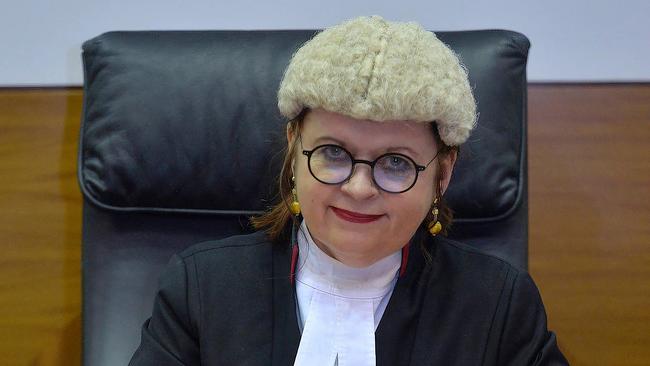
No one doubts that sexual violence is a scourge we must try to stamp out. Perpetrators of this serious crime should be severely punished. That is non-contestable. Sadly, when it comes to sexual assault, fundamental principles at the centre of our criminal justice system have become contestable among those in power.
A report released in August and commissioned by the federal Attorney-General’s Department and the Australasian Institute of Judicial Administration reveals how easily fundamental principles of our criminal justice system could be done away with by those who ought to be best placed to understand their importance and champion them. This deeply flawed report is premised entirely on how to improve outcomes for “victim-survivors”. It contemplates further consideration of juryless trials, special training for counsel appearing in such trials and other specialist management of sexual assault cases. Not once does it canvas the possibility of a complainant making a false allegation of rape and how the justice system must deal with that.
Indeed, it adopts the phrase “victim-survivor”, not complainant, even though it canvasses suggestions to legal settings such as court proceedings before guilt has been established. This phrase is deliberately emotive and misleading. At law, until there is guilty verdict, there is no victim, only a complainant.
For other reasons, too, this report is nothing short of dangerous. Once we imagine the right way to increase conviction rates for sexual assault is to abandon trial by jury, curtail cross-examination or insist on specialist courts run by judges and lawyers who have been properly re-educated to believe in current dogma such as “believe all women”, we will have abandoned the proper administration of justice.
What is doubly remarkable is that the senior judge who heads up the AIJA congratulated the authors in the report’s foreword. Northern Territory Supreme Court judge Jenny Blokland is president of the AIJA, which was set up decades ago to make the administration of courts more efficient. Judges are suitably placed to speak about that administrative task, but when did it become the role of judges to get involved in controversial suggestions to secure higher convictions for sexual assault? Under our system of separation of powers, this is squarely a policy issue for the legislature, with input from Bar associations, law societies and other lobby groups.
Since when did seeking greater efficiency in the court system in a liberal democracy mean moving more seamlessly from accusation to verdict in any area of the law?
Call me old-fashioned about justice, if you will, but why didn’t Blokland at least offer a sober warning about the need to balance the interests of a complainant and a defendant? Hasn’t that omission potentially revealed something about this judge that might to be of concern to defendants? It concerns me, and I’m not in the dock in her courtroom.
Do Blokland’s congratulatory words about this flawed report represent the views of Murray Aldridge (a judge on the Federal Circuit and Family Court), Malcolm Blue (from the South Australian Supreme Court), Julie Ward (president of the NSW Court of Appeal), and Susan Thomas (Chief Justice of the New Zealand High Court) – all AIJA board members? Does the AIJA speak for other judges around the country in its endorsement of consideration of such novel and controversial suggestions?
It is one thing for a defendant to choose not to exercise their right to a trial by jury, where that is an option. It is entirely different for a government to remove the fundamental right of trial by jury from a defendant.
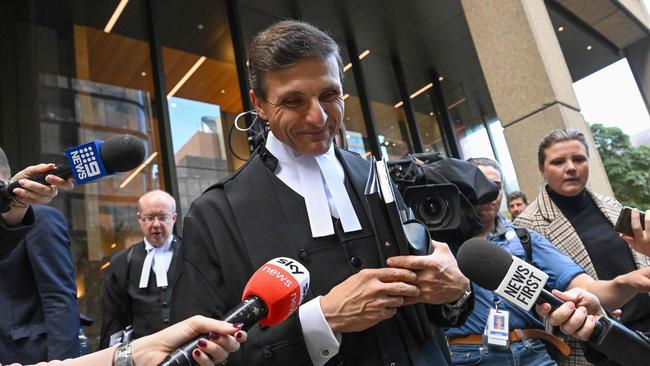
Arthur Moses SC, leading silk and former president of the NSW Bar Association and the Law Council of Australia, told me on Friday: “Bodies purporting to represent the judiciary should be careful not to advocate any policy reform that interferes with the right to a jury trial for certain offences. It could be misconstrued as elitist and suggesting citizens have no role in the justice system when the opposite is true. I would remind the authors to pay regard to the words of Thomas Jefferson: ‘I consider trial by jury as the only anchor ever yet imagined by man, by which government can be held to the principles of its constitution’.”
Specialist sexual assault courts are a terrible idea. They risk becoming prosecuting courts, not courts overseeing the administration of justice. A separate system of different “justice” would allow these courts to believe they are so special that they can do away with the protections of the criminal justice system and indulge in unfair practices such as significantly curtailed forms of cross-examination. It would mean a person on trial for murder would have more rights than a person defending a rape charge.
Moreover, as Moses says, “Any further attempts to water down or restrict cross-examination in sexual assault cases could result in a court not obtaining access to all available evidence and hence convictions based on falsehoods.”
Moses is troubled that many of the recommendations to make changes to the criminal justice system are sought to be justified as “victim-centred measures” that “ignore the right of an accused to a fair trial by a competent, independent and impartial court”.
“Any person charged with a criminal offence, regardless of the nature of the offence, is entitled to the presumption of innocence. I am troubled that this report appears to ignore the indefeasible right of an accused to confront his or her accusers in a trial by challenging their evidence through cross-examination,” says Moses.
“Courts should not become instruments of injustice by adopting what are said to be ‘victim-centred measures’. Courts must always be instruments of justice balancing equally the duty of fairness to the accused, fairness to complainants and the overriding duty to the community in whose name it undertakes to administer justice impartially.”
Moses says he expects these suggestions “would be met with fierce opposition from the Australian legal profession” as it has been in Scotland, where pilots of juryless trials are being considered.
Now is the time for the country’s Bar associations and law societies to speak up loud and clear. Does the end (increased conviction rates) justify such means?
In the wake of the apparently comatose response of the ACT government and legal authorities to the damning Sofronoff report, we are already entitled to ask if key legal institutions, at least in the ACT, have decided that the need to get conviction rates up for sexual assault trials justifies any level of dirty tricks and unethical behaviour that helps increase conviction rates. Is this to be the new normal?


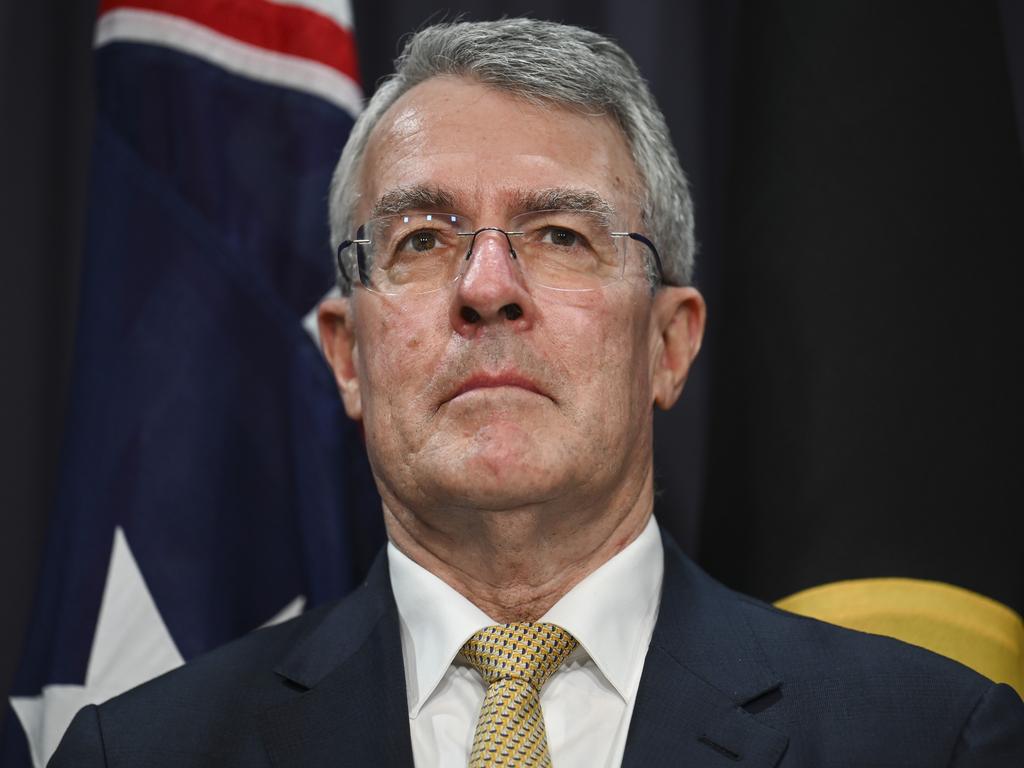
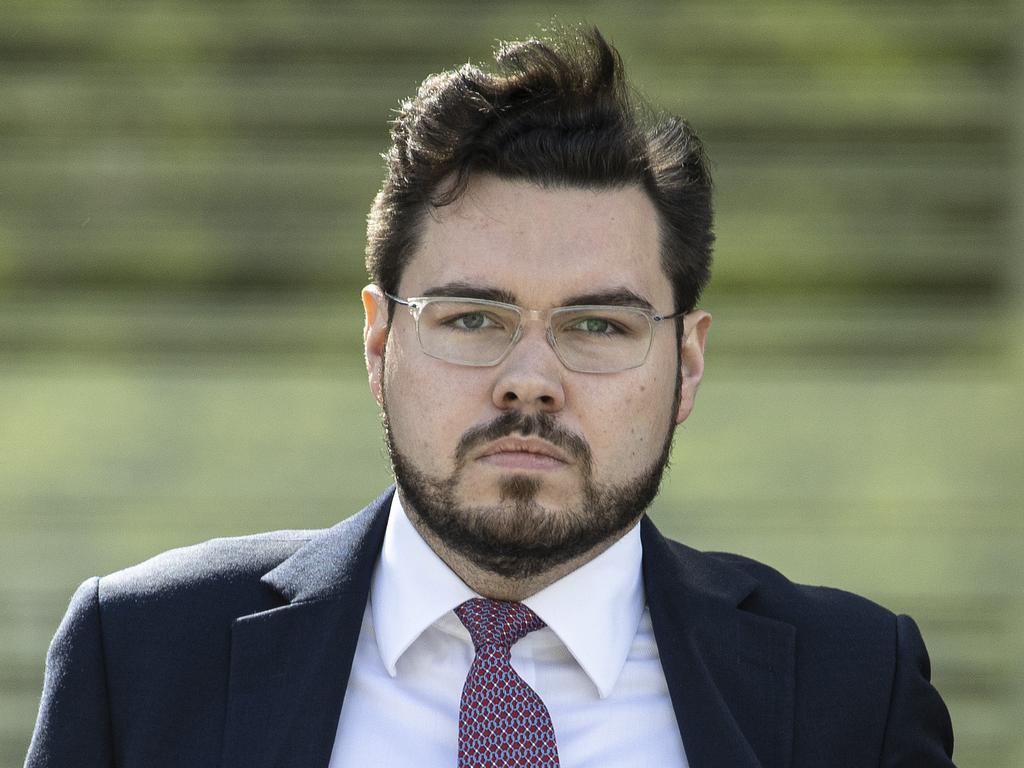

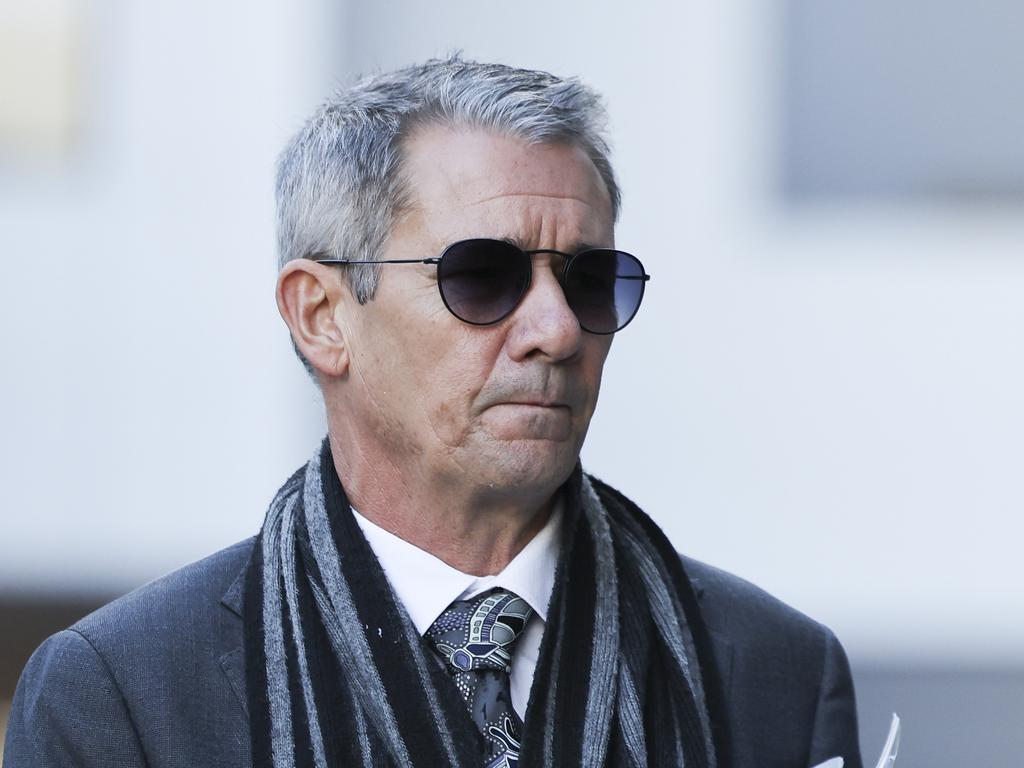


What country comes to mind when you hear official proposals for juryless trials and re-education camps? If you said China, you might have spoken too soon. Australia could be next if some misguided souls in the legal profession get their way.